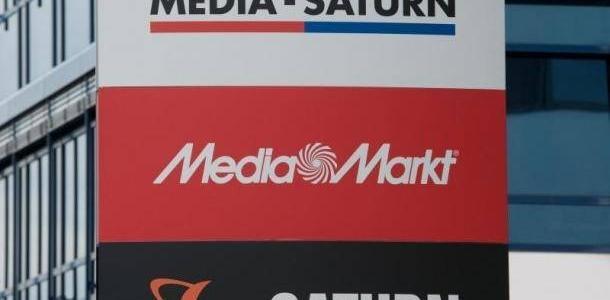MediaSaturn: Stationary retailing in crisis
Author: Thanh Duy Tran
Date: 15.10.2018
Ceconomy turns top management upside down
Changes are coming to the top management of Ceconomy. Already in September the company changed their expectations – there is no exact explanation for this so far.
Over the last two months, the value of the company has fallen by a total of one billion euros. As a result, there is currently enormous pressure on CFO Mark Frese. So far, no decision has been made and it is quite possible that the current top management will remain.
The preliminary sales figures should have been announced on 25 October. However the enterprise seems to have deviated so far from the goals that the responsible lawyers had recommended an immediate publication to the enterprise. Group CEO Pieter Haas had calculated with a pre-tax result of 460 to 490 million euros, now it will only be 400 million euros. This result will probably bring the company into the loss zone. The exact figures shall be published on 19 December.
Some investors sold their shares immediately due to the bad news. After all, the share price plummeted by more than 20 percent. In some cases, the value per share was below 4.50 euros. “Ceconomy’s profit warning is embarrassing. It shows that the reporting is not really stable,” says Christoph Vilanek, CEO of the mobile phone company Freenet. It was only in June that the company invested 277 million euros with the aim of becoming the third largest shareholder in Ceconomy. “It will be very difficult for the Ceconomy board to regain confidence after this performance” said Vilanek, adding: “I fear it will not work without personnel consequences.”
The problems at Ceconomy already occurred more than ten years ago. Media Saturn had invested too little in Internet retailing. “Online is an additional sales channel, but in our stores the customer gets much more: advice, opportunities to try things out, immediate availability of goods, a wide selection and service” said Roland Weise, former CEO of the company. “The volumes in online trading are considerably overestimated” he added. Media Saturn still suffers from this misjudgment today. The Internet giant Amazon in particular is worrying the company.
Time has shown that many stores do not mean economic success. The opposite is rather the case: MediaSaturn is currently in crisis precisely because of its large sales areas.
Schlecker is a good example of how harmful a large number of sales areas can be. Temporarily, the company opened new stores every day. The thought behind it: Increasing turnover brings low costs, which means that the business profits. However, this only works if structural weaknesses and management errors are also corrected. This was not the case at Schlecker.
Due to online trading, more and more retail chains are affected by problems of this kind. Especially in the textile industry, many companies have miscalculated the number of their stores. Fewer and fewer customers are coming into the stores, what transforms store space from capital to ballast.
Even if online retailers such as Zalando or Amazon open stores, this does not mean that the stationary trade is celebrating a comeback. Rather, it serves as a kind of showroom that gives customers the chance to experience products live and thus get a better impression.
The future of Mediamarkt and Saturn looks exactly the same if companies want to survive in the long term. The stores must function as an attractive stage for the manufacturers’ products. If this concept is combined with advice and service, customers will also enjoy the stores again. After all, there is personal help and information about the products that the Internet cannot provide.



Comments are closed.